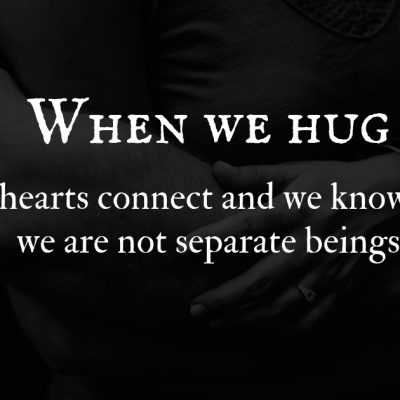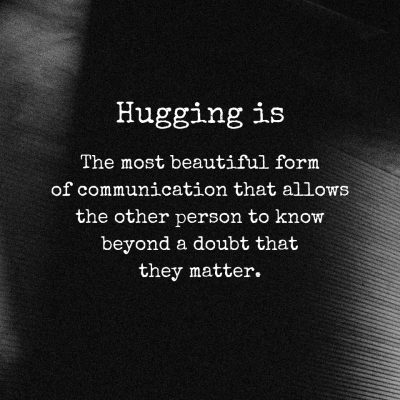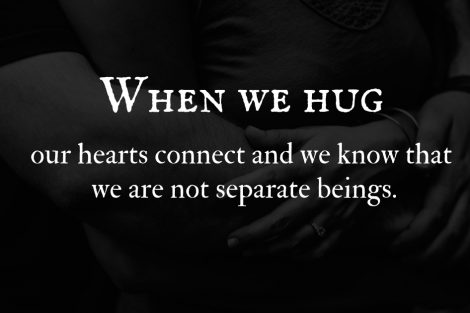Self-esteem is generally the image we have of ourselves. By image, we understand the totality of our beliefs, habits, thought patterns, as well as self-evaluations. One person can have a positive self-esteem which means they see themselves in relatively good terms.
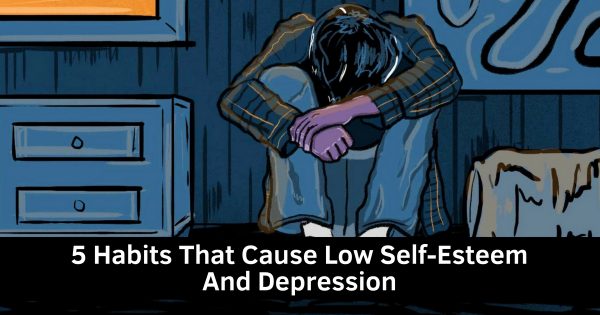
This type of self-esteem is healthy, constructive and creative and can further strengthen relationships with others. These people are usually confident, they practice self-love every day and find it easy to rely on their own instincts and decisions.
To sum it up, they feel they are worthy of love and respect. A good self-esteem leads to self-acceptance too, which is a deeper layer. This is what will give us a sense of contentment, of being at peace with ourselves.
There is also what psychologists call negative or low self-esteem. This is often typical of people who did not receive love, care and support while growing up. Or who had parents whose love was always conditional and who made their children feel they had to prove themselves.
This is the main reason why these children turned into adults who are in constant need of approval. This is also why we feel we have to earn love, respect or admiration in our adult relationships.
MORE: 4 Signs You’re Suffering From Emotional Distress And How To Cope With It
This type of self-esteem is, needless to say, unhealthy and destructive. People with low self-esteem usually suffer from codependency in romantic relationships and are a greater risk for developing mental illnesses like depression and anxiety. Dealing with a negative self-image can be extremely harmful as it encourages ruminating and overthinking, which not only reflect this image, but reinforce it.
These are the 5 toxic habits that can make you feel sad, anxious, hopeless, depressed or angry:
1. Comparing yourself to others
This means we choose to measure ourselves against an external standard (set by who?). Whether it’s negatively comparing, which is basically self-shaming, or feeling better than others for an ego boost, it’s not alright.
2. Always finding fault within yourself
MORE: 8 Hidden Signs You Are Suffering From Depression
We tend to assume people usually see us the way we see ourselves. When we’re overly criticizing ourselves, we will subconsciously project that inner critic onto others. This will only give us the very false impression that they are judging or criticizing, when in fact, this may not be the case at all.
3. Avoid trying new things for fear of failure
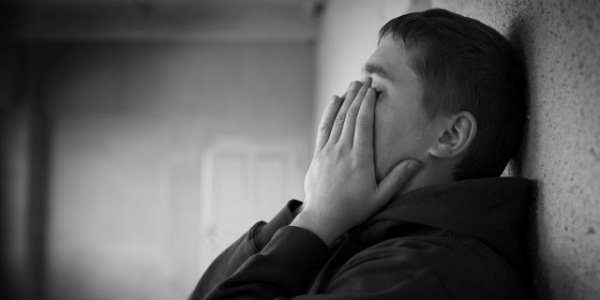 When we have a shaky self-esteem, we find it harder to attempt new experiences. It’s mostly because we don’t know how we’ll react to these. What if they destroy what’s left of our self-esteem and self-respect? When our self-image is on the line, we will choose to go with things that rather confirm it or improve it.
When we have a shaky self-esteem, we find it harder to attempt new experiences. It’s mostly because we don’t know how we’ll react to these. What if they destroy what’s left of our self-esteem and self-respect? When our self-image is on the line, we will choose to go with things that rather confirm it or improve it.
4. Procrastinating
People with lower self-esteem will have a greater tendency to procrastinate because they fear of failure or self-disappointment is bigger than the excitement of trying out new projects.
MORE: 4 Things You Shouldn’t Say To Someone With Low Self-Esteem
5. Project self-criticism onto others
This would not be the case if self-acceptance replaced the critical and judgmental person who lives inside us. The worst part is that it doesn’t stop there: this habit will make it easier for us to perceive outside judgment and criticism, even when they are not there.
Fortunately, we can work on our self-esteem and along with it, our self-fulfillment. Research has found that cognitive-behavioral therapy (CBT) is effective in treating low self-esteem, codependency and depression.
Please share!



